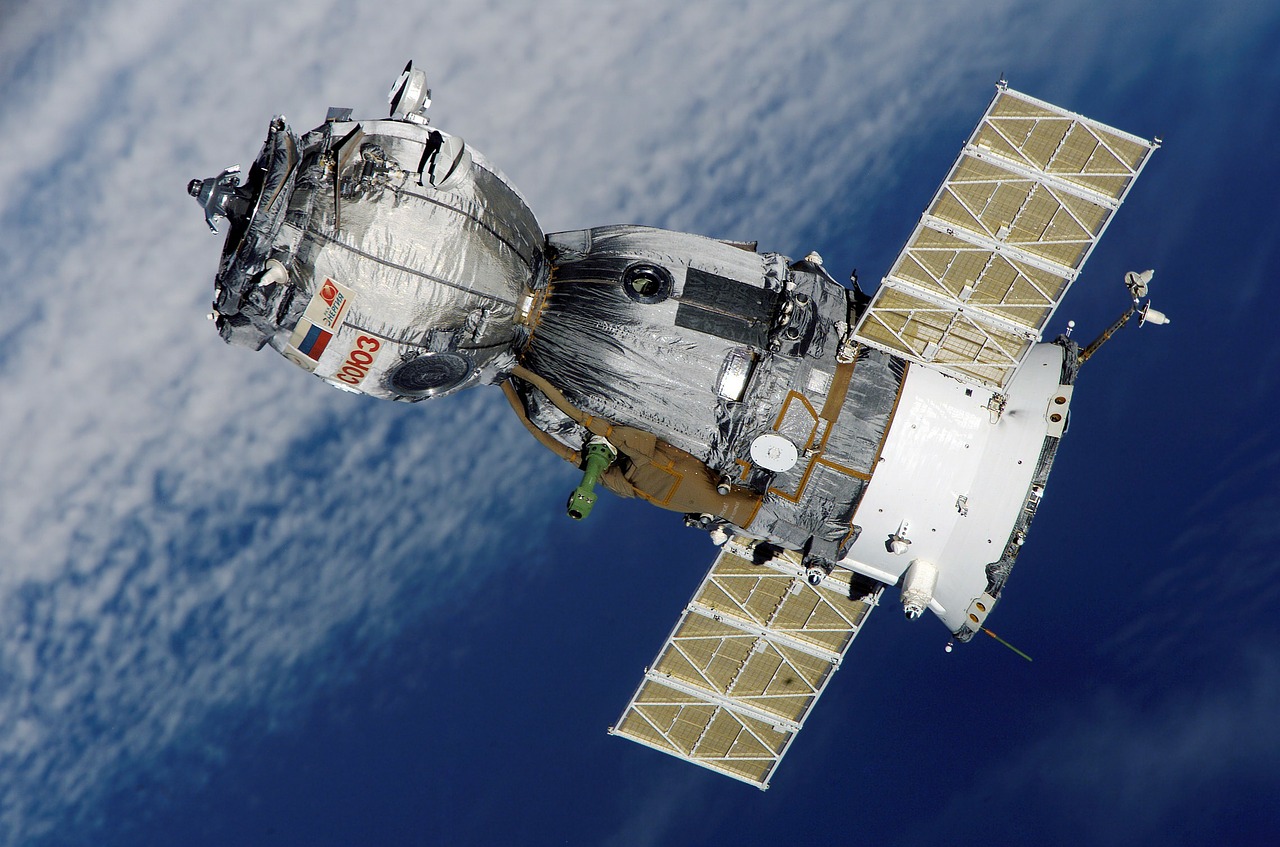A Tiny Hole in the Soyuz Spacecraft Could Be a Huge Headache for NASA
 soyuz, Image Source: Pixabay
soyuz, Image Source: Pixabay
Flight controllers monitoring the International Space Station’s atmosphere detected a steady but small drop in pressure on Aug. 29. At the time, the six astronauts onboard were sleeping. Controllers didn’t wake them up right away—the station wouldn’t have run out of air for 18 days.
Once awake, the astronauts discovered a 2-millimeter hole inside the Soyuz spacecraft, which ferried the most recent expedition some 250 miles (402 km) up to the station in June. (Naturally, the hole was behind the toilet.) At first, the cause was assumed to be a micrometeoroid or other space debris, the bane of human spaceflight in low-earth orbit.
But the breach appears to have been caused by the errant drill of a Russian manufacturing technician, which skittered across the surface of the spacecraft. These types of quality control problems with the Soyuz—the only way for astronauts to get to ISS—will pile more pressure on the delayed efforts of Boeing and SpaceX to fly astronauts for NASA.
ISS Leak summary:
First thought was MMOD strike.
Then NASA released pics. Lots of people: "Hmmm, doesn't look like MMOD". NASA deleted the photos.
Top Russian news site RIA NOVOSTI reported - via sources but apparently confirmed by Mr. Rogozin - it was a drill hole. pic.twitter.com/520kHK0TMc
— Chris B - NSF (@NASASpaceflight) September 3, 2018
Instead of reporting the problem—which could have required a costly and time-consuming re-build—the technician apparently covered the hole with a patch, which ultimately gave way.
Read More...
Related Articles:
Dmitry Rogozin, the newly appointed head of the Russian space corporation Roscosmos, suggested on Monday that a leak detected at the International Space Station (ISS) may have been an act of sabotage. Rogozin claimed during a press conference that “a wavering hand” was possibly responsible for the puncture, and asked: "What is this: a production defect or some premeditated action?"
In what may be a scene out of the movie Gravity, NASA was working to contain a pressure leak on the International Space Station that was possibly caused by a micrometeorite striking the lab, the head of the Russian space agency said, adding the incident presented no danger.

